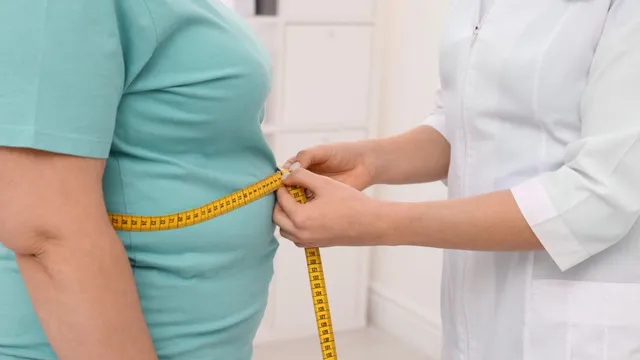- By Iram Hussain
- Thu, 01 May 2025 06:23 PM (IST)
- Source:JND
Obesity doesn’t just affect your waistline; it silently puts immense pressure on your kidneys, organs often overlooked until serious damage occurs. With rising rates of obesity across all age groups, kidney health is emerging as a critical yet underestimated concern. Excess body weight forces the kidneys to work harder, filtering more blood than normal which can lead to long-term damage. Over time, this strain can result in chronic kidney disease (CKD), hypertension and even kidney failure.
In a conversation with Jagran English, Dr Sandeep Kumar Mandal, Consultant – Nephrology, Manipal Hospital, Gurugram explained how obesity affect your kidney health.
How Does Excess Weight Affect Kidney Function Internally?
It's easy to think weight gain only shows on what we can see such as joints posture and energy. But organs, such as the kidneys experience an unseen load. With increasing body mass, the kidneys happen to filter more blood day and night. This ongoing overload can damage the tiny filtering units within, slowing their function over time causing what physicians refer to as 'hyperfiltration injury.'
Obesity also provokes hormonal imbalance and low-grade inflammation, both of which have the potential to disrupt the quality of the kidney’s performance. It's a slow-burning fire but if it isn't cured, it will ultimately have deadly results.
What Subtle Signs Indicate Your Kidneys May Be Struggling?
Kidney disease often lacks noticeable symptoms as most patients do not realize that there is something wrong until harm aggravates. Yet, the body does provide subtle clues if we're listening:
- If there is puffiness around the eyes especially in the morning.
- If you have swollen feet or ankles without any injury.
- If you are always tired and even resting doesn’t help with fatigue.
- If you experience changes in urine such as froth, darker colour, or unusual smell.
- If you have itchy or dry skin without an allergy.
- If there is a slight but steady rise in blood pressure.
If you’ve noticed a few of these signs, especially in the context of long-term weight concerns, it might be time to check in with a doctor.
ALSO READ: How Excess Weight Impacts Your Hormonal Balance And Pregnancy Outcomes: Doctor Insights
ALSO READ: Doctor Recommends Simple Lifestyle Changes That Can Help Prevent Obesity In Young Adults

